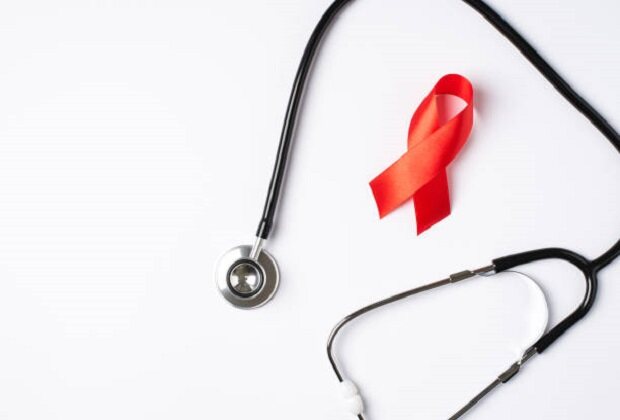People can only get HIV by exchanging body fluids, mostly during sex or injection drug use. Using condoms correctly and not sharing needles can help reduce your risk.
Effective HIV treatment can lower the amount of virus in the blood to undetectable levels, meaning you cannot pass it on. There are also medicines you can take before getting exposed to HIV, called pre-exposure prophylaxis or PrEP.
Sex
People who use condoms or take the daily pill to prevent HIV (PrEP) can lower their risk of getting an STI. They should also tell all of their sexual partners if they are living with HIV.
Men at risk of HIV transmission may be especially concerned about sex, and they may want to talk with their sexual partners about their concerns and practices. However, it is important to note that while the risk of transmission from one unprotected exposure may seem low, the risk increases over time and multiple exposures can occur before a person is infected.
Condoms should be used every time a person has sex. If latex is an issue, there are other synthetic condoms. People can add lubrication to increase comfort during intercourse, but they should only use water-based lube. Oil-based lubes can weaken or cause condoms to break. Internal condoms are thin pouches that can be inserted into the anus or vagina for protection. They can be purchased at most pharmacies and some grocery stores.
Injection Drugs
People who use injection drugs are at high risk of HIV infection and also hepatitis B and C. They can protect themselves from these diseases by not sharing drug injection equipment (needles, syringes, cookers, cotton) and not having anal or vaginal sexual intercourse.
It is important to talk with a health care provider about harm reduction services. Harm reduction programs can help people who use injection drugs to stay safe and healthy. They provide access to clean needles, syringes, sterile water, and counseling on how to use them, check this site out.
Preventive medications can also help lower a person’s risk of getting infected with HIV through injection drug use. There are two pills approved for HIV prevention — emtricitabine plus tenofovir disoproxil fumarate (Truvada) and emtricitabine plus adefovir alafenamide (Descovy). A bimonthly injection called Apretude (cabotegravir extended-release injectable suspension) is now available to prevent HIV as well. It may be easier than daily pills for some people, Marcus says, especially those who have trouble remembering to take them or who have difficulty affording refills.
Sharing Needle/Syringes
Sharing a needle or syringe increases your risk of getting and transmitting HIV and other blood-borne diseases like viral hepatitis B and C. You can reduce your risks by using a new needle and syringe every time you inject, or by getting them from a syringe services program (SSP). Also, be sure to use sterile water (not saline or salt water) to dissolve your drugs and to clean your needles and syringes.
In addition to providing sterile needles and syringes, SSPs provide education on HIV transmission and harm reduction techniques, counseling, referrals for drug treatment programs and other health and social services. They may also offer free or low-cost syringe disposal and overdose education and Narcan (naloxone) distribution.
If you inject drugs, ask your health care provider about the benefits of stopping injection drug use and for help to stop. If you have recently had an unprotected sexual encounter or are concerned about possible exposure to HIV, talk to your health care provider about taking PEP (post-exposure prophylaxis) which can prevent infection if started within 72 hours of exposure.
Other STIs

STIs can cause many other health problems, including serious reproductive disorders. The best way to protect against STIs and HIV is to use condoms every time you have sex, especially for oral and anal sex. Choose condoms that carry the BSI kite mark and European CE marks, which show they meet safety standards.
Most STIs can be treated with antibiotics. However, some, like syphilis, can progress to a painful, red, sore-like lesion on the genitals or anus, or to a complication in pregnancy (chorionic gonadotropis) that causes miscarriage and other severe birth defects.
Conclusion:
HIV attacks and destroys immune cells, leaving the body less able to fight off infections and diseases. There is no vaccine against HIV, but researchers are working hard to develop one, and there are medicines (called ARVs) that reduce a person’s viral load and help prevent AIDS. Vaccines are also available for hepatitis B virus and human papillomavirus (HPV). All sexually active people should get regular tests for STIs, including a Pap smear for cervical cancer and precancerous changes caused by HPV.
